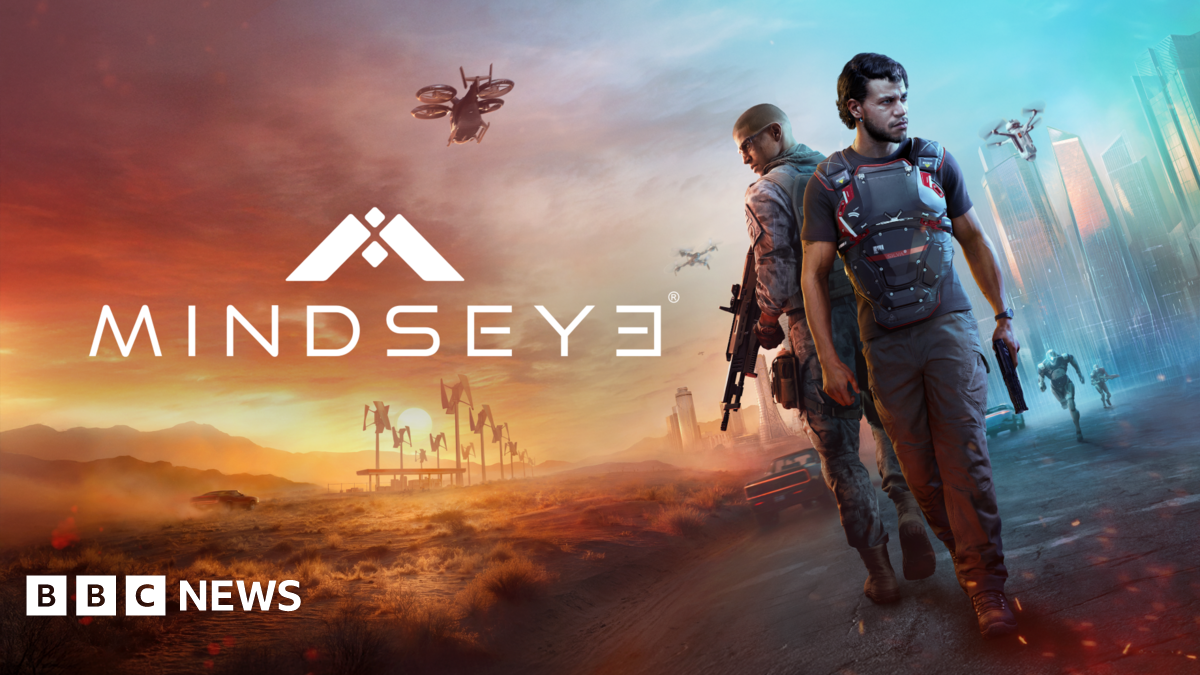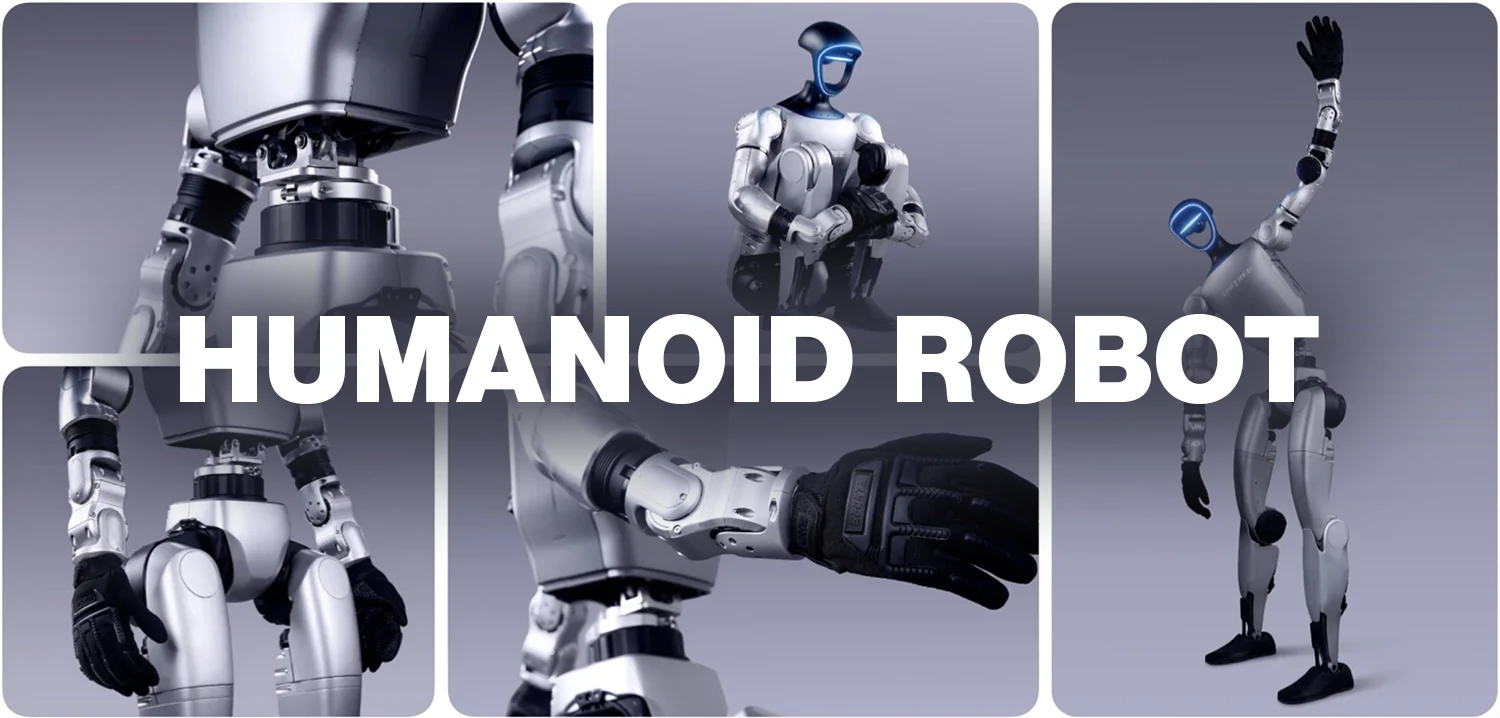OpenAI Unleashes ChatGPT Atlas: The Browser That Thinks for You!

Imagine a web browser that doesn’t just display pages but actively helps you navigate the internet! OpenAI is shaking things up by launching ChatGPT Atlas, the first-ever AI-powered web browser that aims to overhaul how we browse the web. This innovative tool is set to go head-to-head with giants like Google Chrome and the emerging Comet browser by Perplexity AI, promising a personalized and intelligent browsing experience.
With ChatGPT Atlas, say goodbye to endless clicking and scrolling. Now, you can simply ask ChatGPT to handle tasks within the browser. Whether you’re booking flights, editing documents, or shopping for recipe ingredients, Atlas makes it all possible without the hassle of switching tabs. OpenAI claims, “With Atlas, ChatGPT can come with you anywhere across the web, understanding what you’re trying to do and completing tasks for you, all without copying and pasting or leaving the page.”
During a livestreamed launch event, OpenAI's CEO, Sam Altman, referred to AI as a “once-a-decade opportunity to rethink the browser.” This suggests that Atlas could redefine what it means to “go online.” As the competition heats up, brands like Perplexity AI, Opera, and The Browser Company’s Arc are also enhancing their offerings with AI integrations, each aiming to create a smarter browsing experience.
So, what makes ChatGPT Atlas stand out? It’s built around three core features: Chat, Memory, and Agent. The Chat feature allows users to summon ChatGPT from anywhere on the web to assist with tasks like drafting emails or summarizing articles. Imagine transforming static web pages into interactive spaces where you can get real-time support!
Every time you visit a website using Atlas, a small “Ask ChatGPT” button pops up. Click it, and a sidebar opens where you can engage directly with ChatGPT about the content on the page. Need a quick summary of a long review? Just ask! Browsing recipes? Get your shopping list or place orders seamlessly. This integrated approach means browsing and searching are no longer separate activities; they’re combined into a cohesive experience where ChatGPT acts as your co-pilot.
Next, the Memory feature takes personalization to a new level. It allows the browser to remember details from your past interactions, learning your preferences over time. For instance, you could ask, “Show me all the job listings I checked last week and summarize the key hiring trends.” With this memory-driven capability, browsing morphs into an ongoing dialogue rather than a series of isolated searches. And don’t worry—this memory usage is entirely optional, with users able to manage their stored data at any time.
Lastly, the Agent Mode transforms ChatGPT into a full-fledged digital assistant. It can take action on your behalf, whether planning a trip or booking appointments across various sites. Instead of relying on Google Search or Bing, Atlas harnesses ChatGPT Search, designed to feel familiar while delivering richer, AI-powered results.
ChatGPT Atlas is now available for all Mac users, marking OpenAI’s ambitious entry into the browser market. However, the advanced Agent Mode—allowing for complex tasks like booking flights—will currently be exclusive to ChatGPT Plus and Pro subscribers. OpenAI plans to release Atlas on Windows, iOS, and Android soon, striving to make its AI-driven browsing experience accessible on all major platforms.
Interestingly, this browser rollout comes just weeks after a U.S. court rejected a proposal that might have forced Google to sell Chrome, a shift that could have altered the entire browsing landscape. Executives from both Perplexity and OpenAI expressed interest in acquiring Chrome had the deal gone through. Instead, OpenAI opted to build its own competitor from the ground up.
If ChatGPT Atlas achieves success, it could spark the most significant transformation in web browsing since the early 2000s. For users, this launch signals the dawn of an “AI-first web,” where the browser doesn’t just serve content but actively interprets and acts upon it. With ChatGPT Atlas, OpenAI isn’t merely redefining how we browse; it’s betting that the next major leap in internet functionality will stem from the browser itself.
























